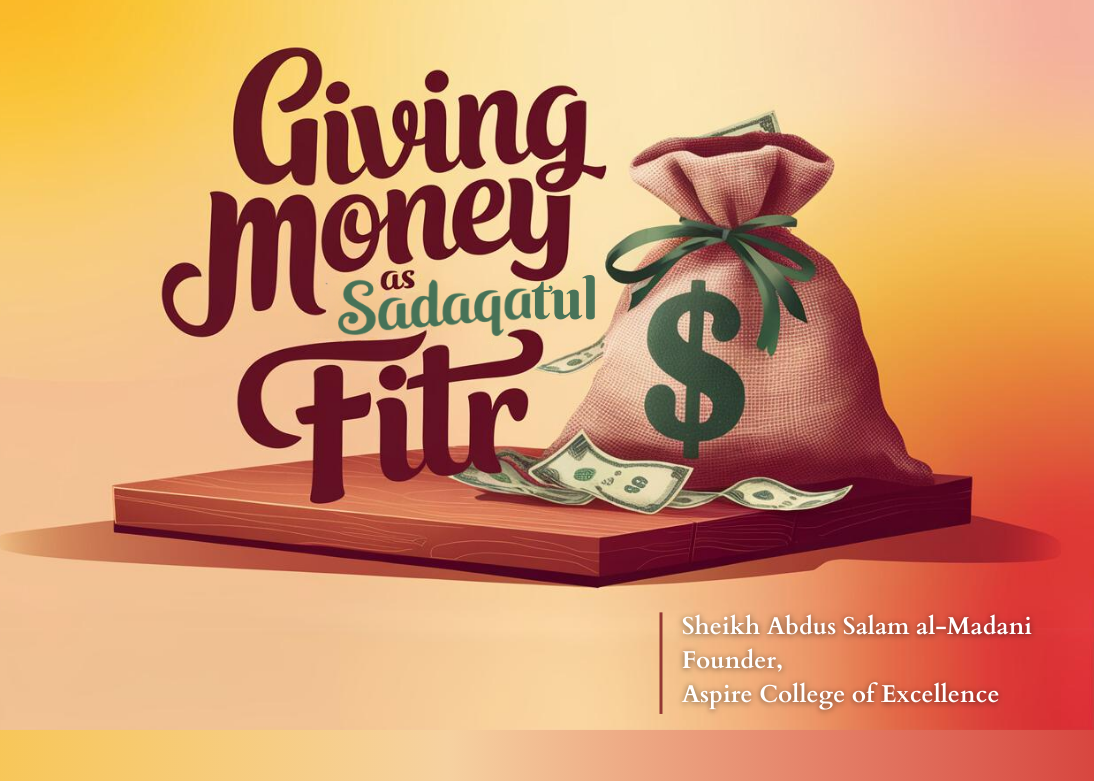
Giving money as Sadaqatul Fitr
Any act of worship, whatever it may be, requires effort. And many a times we cannot even perceive the actual wisdom behind the commandment. Often the societal evolution or changing realities also play a vital role in forming divergent opinions and the societal acceptance of religious practices that are weak or contradictory to the spirit of the Sunnah. And many a times the Scholars, even the notable ones, resort to populist fatawa and convenient concessions to cater to mass demand and to give superficial, knee jerk solutions to deeper complicated community problems.
One such pressing issue is giving Sadaqatul Fitr in the form of money and cash.
- During the time of the Messenger of Allah, dinars and dirhams were used. Regarding Zakah, he ordered only dinars and dirhams to be paid as Zakah, but when he ordered Sadaqatul Fitr, he ordered only foodstuff to be paid. It is not that the poor during that time did not have other concerns. Inspite of it, Zakatul Fitr was specified to be only food items.
- He also ordered that Sadaqatul Fitr should be offered before the Eid prayer, after Eid it is not accepted as Sadaqatul fitr. That is why it is agreed upon, that every poor person who deserves Sadaqatul Fitr and has more food than he needs on the day of Eid, should also pay Sadaqatul Fitr.
- Saying that food is available on Eid day but cash is needed for other needs is completely contrary to the purpose of this particular injunction. The Hadith clearly reads that "it is food for the poor on the day of Eid". There are many other ways of charity that have been recommended to meet other necessities.
- Even today, many poor people work on daily wages, the day they get work, the stove is lit in the house, the day they don't get work, they get hungry. Therefore, giving money to whoever has food for that day of Eid means leaving many hungry on the day of Eid, which is contrary to the text of the Hadith.
- It is wrong to think that everyone has food. In the slums or villages, many people are still forced to starve if they do not find work. They don't get work on the day of Eid. Hence conveying them Sadaqatul fitr is mandatory. There is hardship in this task, but it is a worship, for the sake of our Deen we must bear every hardship.
- This is an act of worship that has the potential to dismantle the logistical barriers between the haves and the have-nots in the Muslim community. This Sunnah forces the privileged Muslims to come out of their enclaves, and seek out and reach out to the truly underprivileged and the needy around him. It is a very convenient, sterile and apathetic procedure to transfer funds online to the anonymous indigent. But giving charity in kind requires time and effort, which fosters empathy and neighbourly concern for the fellow believers.
- The distinguishing feature of the Ahl al-Hadith (follower of the Sunnah) is that in every issue, they either follow the correct Sunnah or the opinion which is closest to the Sunnah. It is not the Manhaj of the Salaf to oppose a solution proven by the sayings or action of the Prophet on the basis circumstances or advantages.
- The Salafi Scholars who are finding excuses for giving money and cash in Sadaqatul-Fitr, can they issue a fatwa to pay the price of Qurbani, Aqeeqah, Hajj, etc? If they can't do in those matters then why should they do in Sadaqatul fitr?!
Sheikh Abdus Salam Umari Madani,
Ameer,
Jamiat Ahle Hadith (Chennai)
President,
Majlis Ulama Ahle Hadith (Telangana)
Comments (0)
Categories
Recent posts
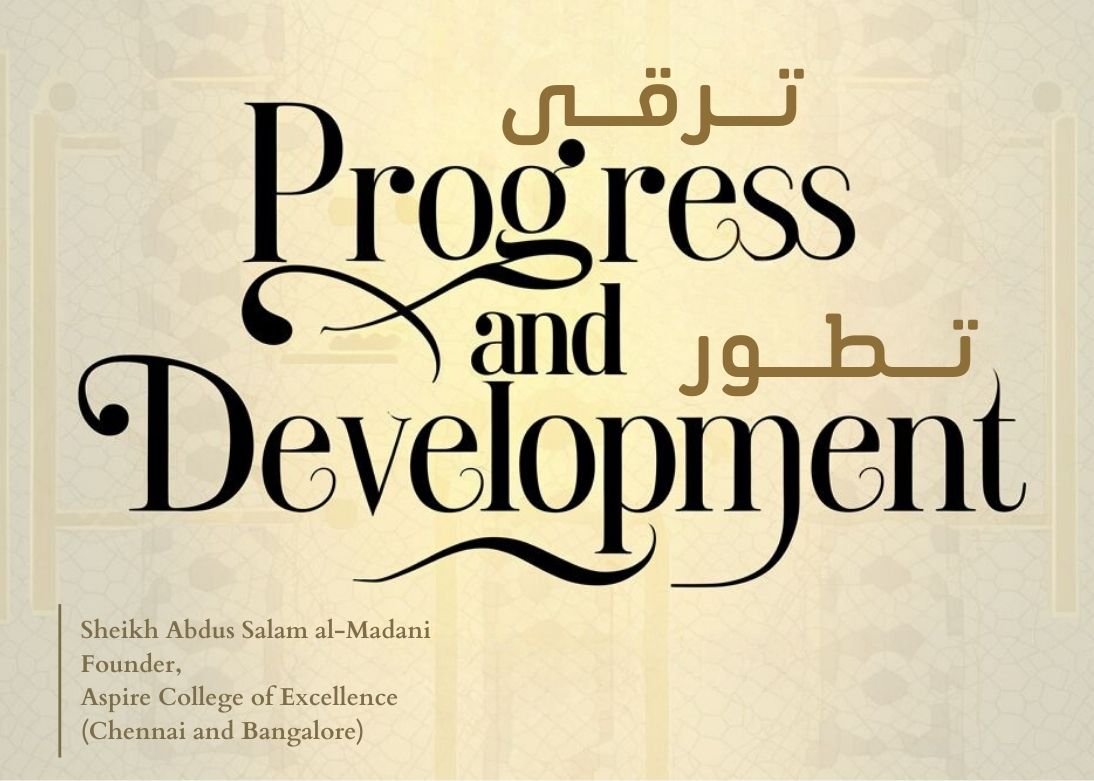
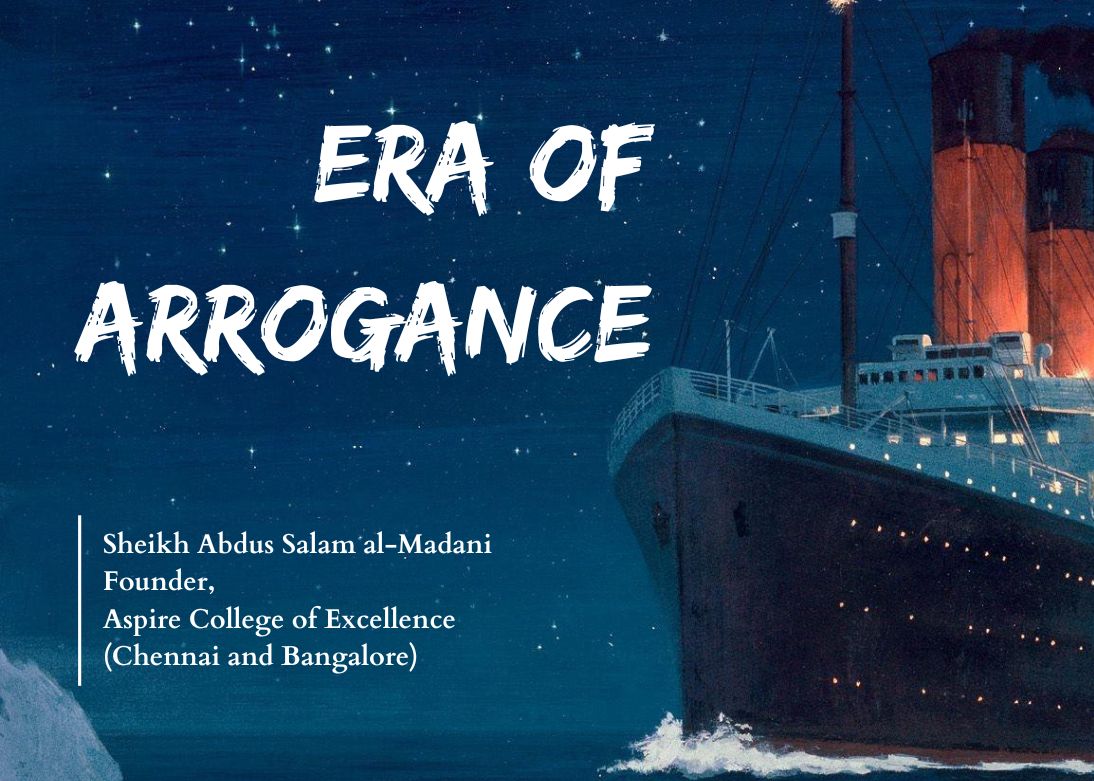
Era of Arrogance
6 Feb 2024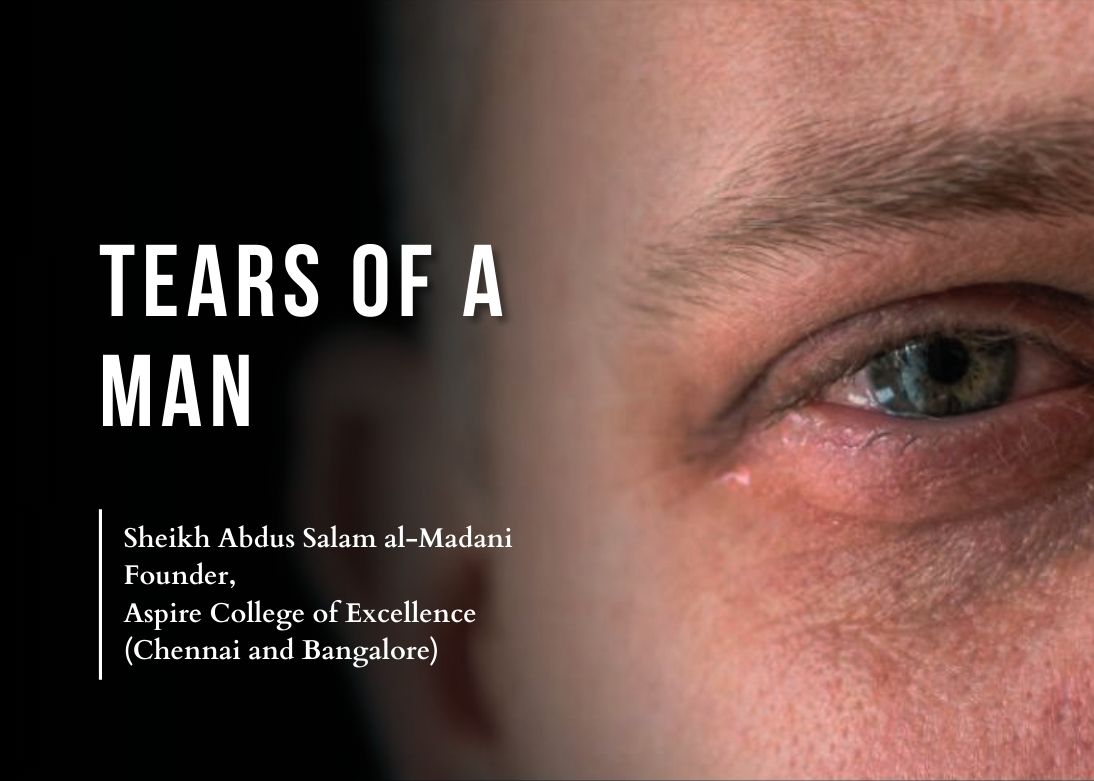
Tears of a Man
13 Feb 2024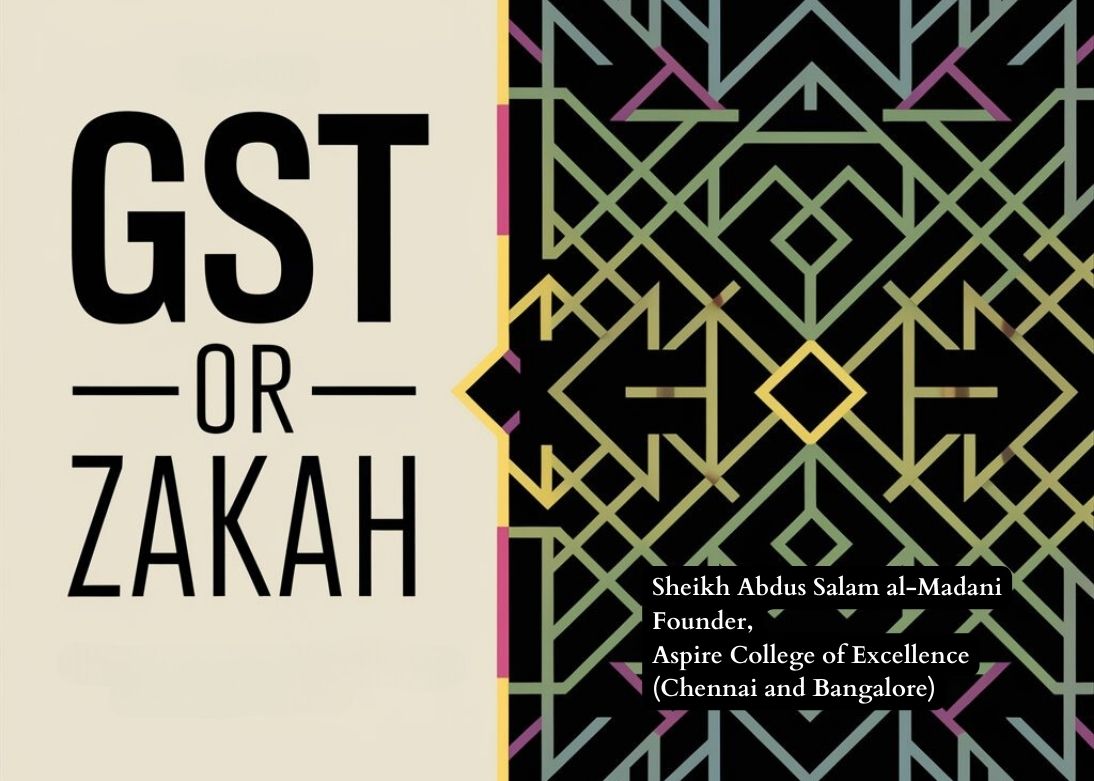
GST or Zakah
9 Apr 2024




